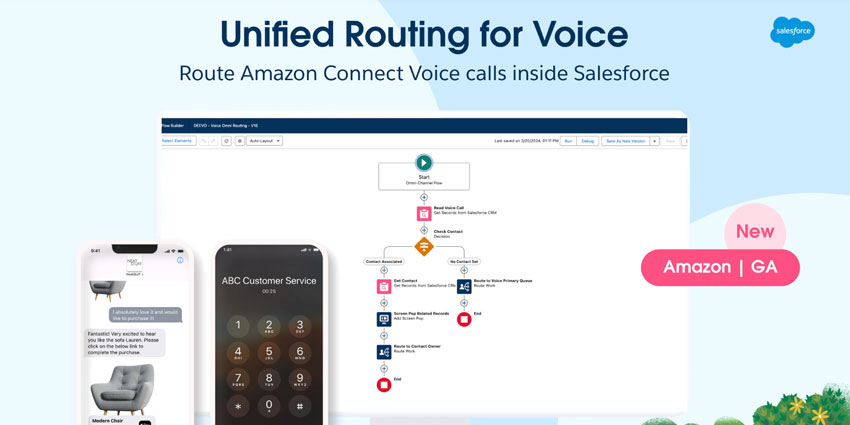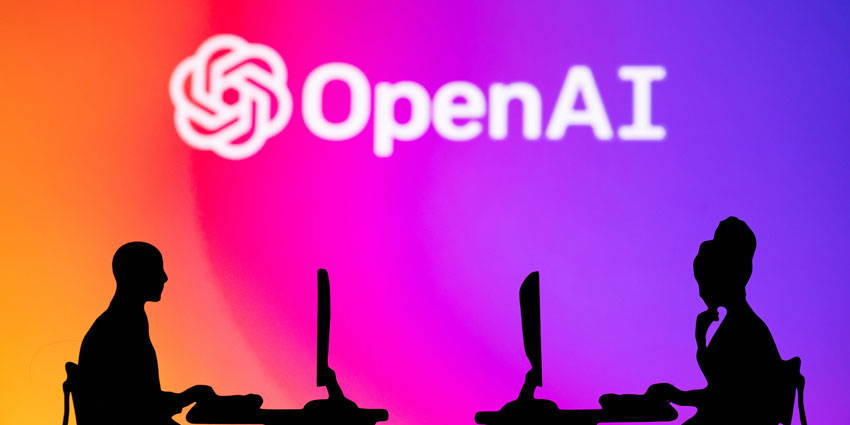Salesforce has completed the acquisition of Own Company.
Having initially been announced in September, the $1.9BN deal is now complete.
The roll-up marks Salesforce’s most expensive purchase since Slack for $28BN in 2021.
As a specialist in SaaS data backup, management, and recovery solutions, Own will beef up Data Cloud’s security and protection posture.
According to Steve Fisher, President and GM of the Sales Einstein 1 Platform and Unified Data Services, this has “never been more critical.”
However, the move has divided the customer experience community.
While some view it as a shrewd pickup that aligns well with Salesforce’s focus on being viewed as a data company – especially when you consider that Own was valued at $3.35 billion a few short years ago – others have questioned the decision to pursue ownership rather than partnership.
The former of these views is certainly the one that Salesforce is running with. Speaking about the deal back in September, Fisher claimed that the acquisition underscored Salesforce’s commitment to protecting customers’ data.
Moreover, for Liz Miller, VP and Principal Analyst at Constellation Research, the purchase is a “really smart pickup.”
Speaking on CX Today’s Big CX News show back in September, Miller argued that given Salesforce’s criticisms of Microsoft Copilot’s apparent data shortcomings, the vendor needed to make sure that its own data backup and protection infrastructure was best-in-class.
“If you’re going to talk about other organizations not securing data, not having guardrails up on data, not having data availability or observability, you better have a solution in your back pocket, right?
You don’t get to go up on that stage and hurl that jab without having something there.
Zeus Kerravala, Principal Analyst at ZK Research, on the other hand, believes that Salesforce is better suited to partner with a company like Own rather than purchase it.
“My concern with Salesforce owning this is the potential direction it might take,” he noted.
“As a backup and recovery team, it’s valuable to be able to implement a unified backup, recovery, and data management strategy across all my cloud apps.
However, if we move towards a model where cloud providers or SaaS providers own these solutions, it creates a new challenge. You’re left trying to ensure consistency across different platforms, dealing with feature gaps, and addressing other inconsistencies.
“For this reason, I’d prefer Salesforce to collaborate with specialized third-party providers instead of trying to own the solutions themselves.”
Another question that Kerravala raises is whether Salesforce will continue supporting Microsoft backup and ServiceNow backup. He concluded: “If you’re a customer relying on those integrations, will you still receive support in the long term?
Why Own Company
Whichever side of the ownership vs. partnership debate you fall on, it is still worth exploring why Salesforce chose Own Company over some of its competitors.
First and foremost, the CRM specialist had an established relationship with Own, having previously owned ten percent of its shares.
This aligns with Salesforce’s “try before you buy” acquisition strategy, which has been key to the recent pickups of Tenyx and PredictSpring.
Moreover, Own doesn’t take ownership of users’ data. This loss of autonomy can make it challenging for organizations to access their data, perform advanced analytics, or switch providers, hindering the innovation they originally envisioned.
Own addresses this issue by empowering businesses to reclaim control of their data. Customers are able to unlock data from various cloud platforms, enabling CX teams to innovate freely and realize the true potential of SaaS.
This point was touched on by Own Company’s CEO, Sam Gutmann, who commented:
As digital transformation accelerates, our mission has expanded from preventing data loss in the cloud to helping customers protect their data, unlock business insights, and accelerate AI-driven innovation.
More News from Salesforce
Last week, Salesforce revealed that it was aiming to hire over 1,000 employees to support the growing demand for its new Agentforce solution.
Launched at the end of last month, Agentforce is a platform that enables businesses to quickly scope, test, and deploy AI agents that enhance Salesforce workflows.
Powered by generative AI (GenAI), it features a low/no-code Agent Builder, allowing brands to create customized AI agents for specific tasks and integrate them across the Salesforce ecosystem.








